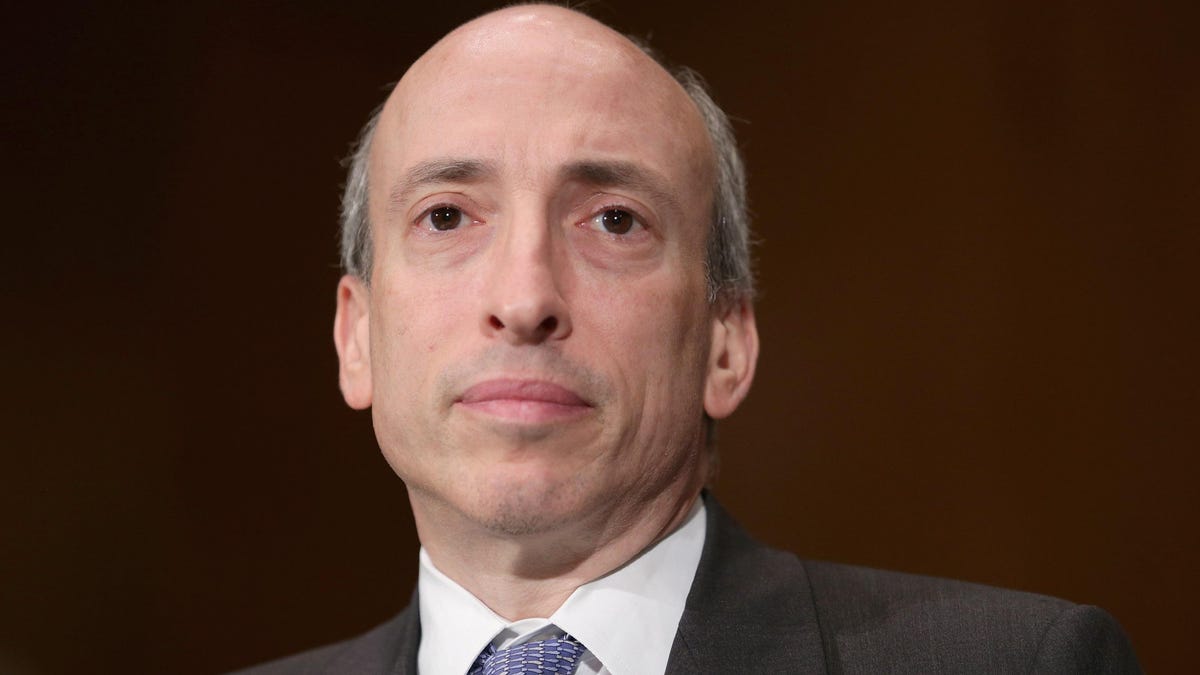US Securities and Exchange Commission (SEC) chair Gary Gensler has drawn attention to potential similarities between cryptocurrency exchange Binance and the now-defunct FTX, focusing on their suspected use of affiliated companies for fund transfers.
In an interview with Bloomberg on June 6, Gensler alluded to allegations of fraud and manipulation at FTX, involving its sister company Alameda Research, and its founder Sam Bankman-Fried. Gensler underscored a questionable business model where specific financial activities are bundled and merged, a practice not commonly seen or permitted in traditional finance.
A day earlier, the SEC lodged 13 charges against Binance. The charges included allegations that Binance and Binance.US co-mingled funds into an account managed by Merit Peak Limited, a company linked with Binance’s CEO, Changpeng Zhao. Another claim asserted that Binance.US engaged in wash trading through its primary, undisclosed ‘market-making’ trading firm Sigma Chain, also owned by Zhao.
Gensler criticized such models where entrepreneurs seek to increase wealth for themselves and their investors by using affiliated entities to trade against their customers. This controversial business model has been deployed across multiple platforms.
Gensler’s comments have fueled an ongoing debate about why the SEC hasn’t taken legal action against FTX. Ripple CEO Brad Garlinghouse, in a June 6 tweet, suggested the SEC’s recent flurry of lawsuits is a diversion from its issues with FTX. Others have speculated that FTX’s significant political contributions and Bankman-Fried’s frequent lobbying in Washington D.C. could potentially be influencing factors.
Interested in writing for Crypto Intelligence News? Submit a crypto guest post




